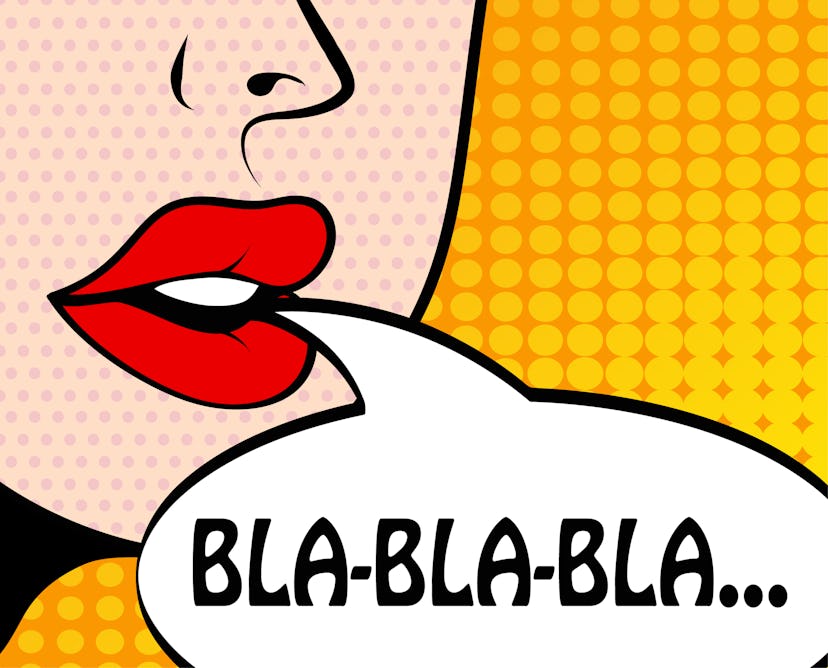
Why are there so many oral histories now? Not the anthropological ones, the oral traditions that are actually important to preserving the stories of communities — but the kind that have been popularized by media outlets, usually sports or culture websites, almost always about some film or TV episode or song or game or victory or what could otherwise be described as a pop cultural moment or product that you hear the name of and say, “Oh, yeah, I think I’ve heard of that.” You know the type.
Here is my primary complaint: There is almost never any information in an oral history that I would not rather see presented in a cohesive narrative form. You got three dozen people to give you a cacophonous play-by-play about what it was like to witness the creation of Teletubbies or some such? Great, please filter out the irrelevant bits and write down what remains for me in a story with a clear beginning, middle, and end or some creative remixing thereof. Otherwise I’m not reading it, just like I’m not reading those copy-and-pasted Slack conversations that websites sometimes try to pass off as interesting posts. Sorry, but I didn’t give away a click only to receive what amounts to half of a screenplay starring a jumble of names I’ll never get straight in my head. If I wanted the ramblings of marginally involved parties delivered straight from their mouths, I would just listen to a podcast.
Wait, one might reason, let’s accept the premise that oral histories as the Ringer and Grantland helped popularize are boring; but there must be some reason why publications keep churning them out? Well, yeah. I’ll let you in on a little secret: because it’s easier than writing an article. Not the reporting, because that will be laborious no matter the final format, but the part that comes after. Transforming raw copy into straight Q&As and roundtables does take work; that’s why every interview is preceded by the phrase “has been edited for length and clarity.” However, nine times out of ten, that process of paring down, structuring, and polishing is a breeze compared to having to do all that on top of knitting individual words into sentences into paragraphs into sections into one seamless composition. This is known as the act of writing.
The pop media genre of oral histories also benefits from what I like to call the “longform halo effect.” A byproduct of the misconception that “long = good” and therefore “longform = the best form,” this is when publications flip all sorts of switches — from using the word “comprehensive” or “definitive” in the headline to laying out the article in a “feature” format to just making it really fucking long — to try to signal that something is longform and therefore of high caliber. This is the kind of content that people share on social media to denote that they have good taste and/or to kiss intellectual ass. All of these factors help secure a higher spot in organic search results, solidifying the piece as an evergreen and canonical document on the topic of the subversive joy of My Little Ponies or what have you. From the publishing standpoint, yet another point in favor of oral histories.
But I’m approaching this debate as a reader, a consumer, a supplicant imploring for the adroit hand of a talented storyteller. Producers of oral histories, consider this not a dig, but a flattering mark of my confidence in your abilities — I want to see what you can do unshackled from the genre, I want to hear your voice. Please, I’m begging you, just write.